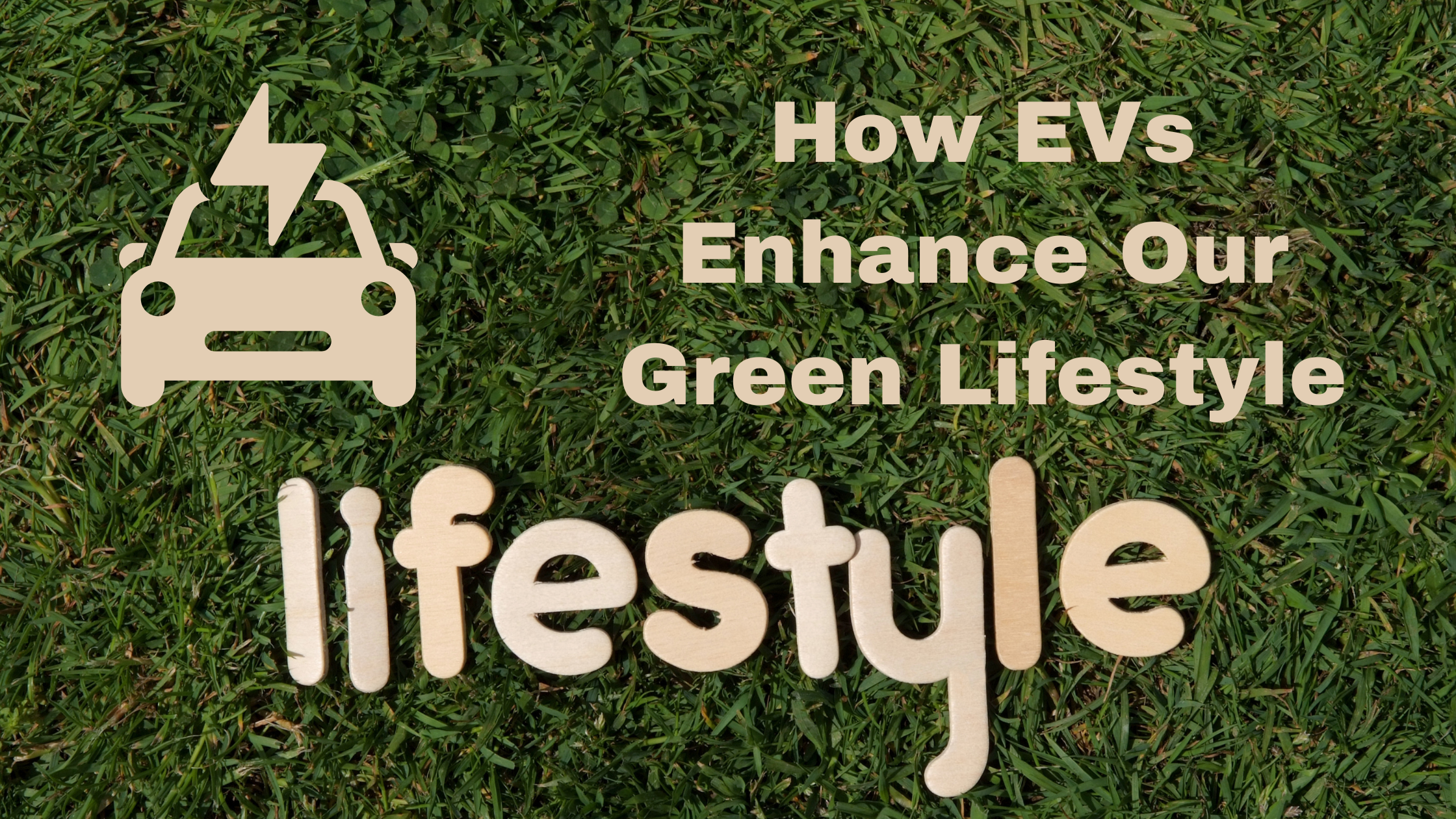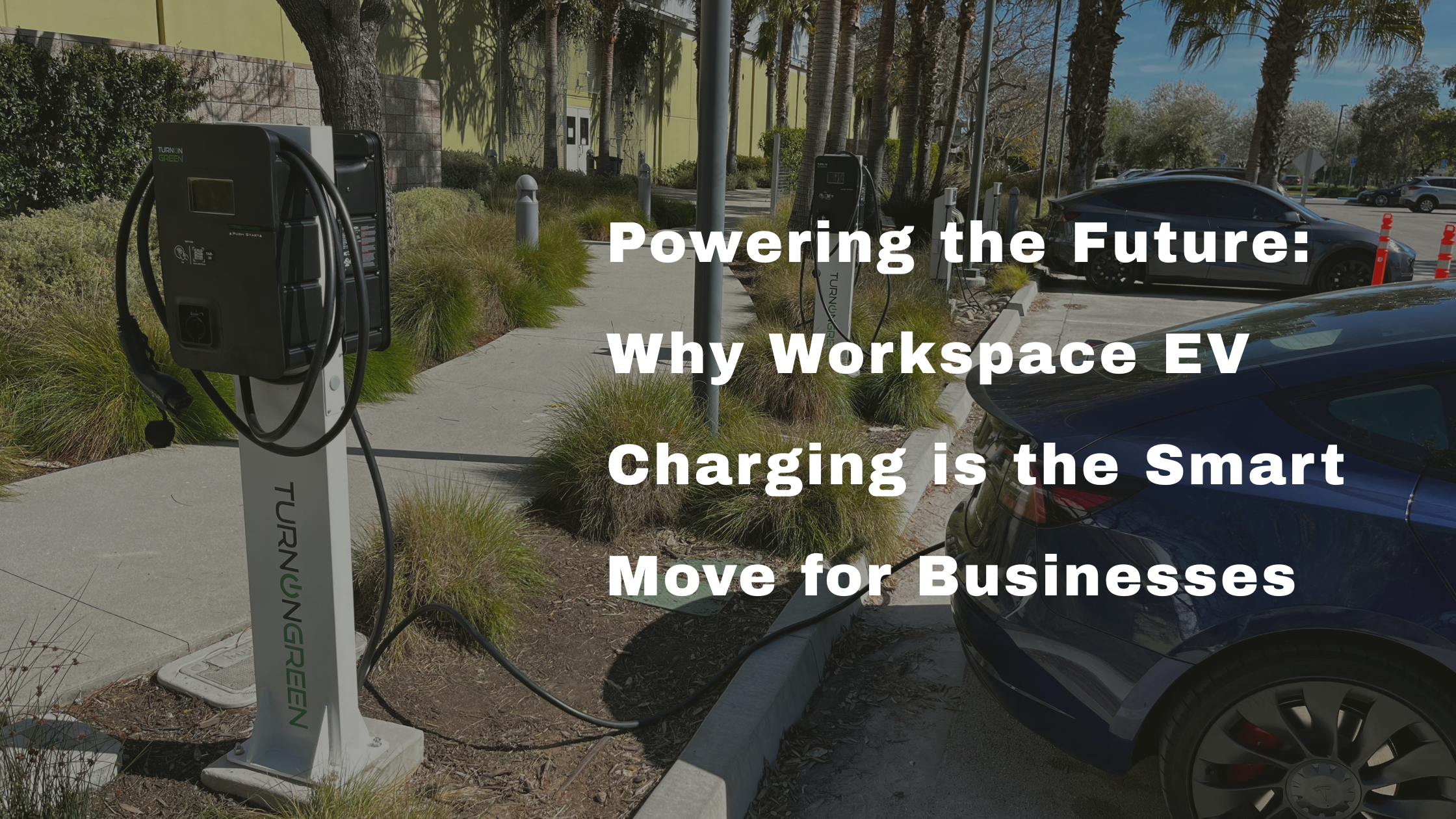Reduce Your Carbon Footprint: The Environmental Benefits of Driving an Electric Vehicle

Driving an electric vehicle (EV) offers numerous benefits for both drivers and the community at large, particularly in reducing greenhouse gas emissions. EVs produce significantly less carbon dioxide (CO2) per kilometer compared to traditional petrol vehicles, making them a key player in the fight against climate change.
The Carbon Savings of EVs
One of the most significant advantages of electric vehicles is their ability to lower CO2 emissions per kilometer driven. For example, data from the Sustainable Energy Authority of Ireland (SEAI) indicates that an EV generates approximately 60g of CO2 per kilometer, while a petrol vehicle produces around 130g per kilometer. This means that EVs can produce less than half the CO2 emissions of their petrol counterparts.

Why Are EVs More Efficient?
The efficiency of an EV is largely due to the way it uses energy. Unlike internal combustion engines (ICE) in petrol or diesel vehicles, which convert only about 17-21% of the energy in fuel into motion, EVs convert about 60% of the energy stored in their batteries to drive the wheels. This higher efficiency is because EVs don’t waste energy through combustion or idling—two major drawbacks of ICE vehicles.
For instance, when a petrol vehicle is idling in traffic, it continues to burn fuel and produce emissions without moving. In contrast, an EV only uses energy when it is actually driving, which means no energy is wasted while stationary.

The Impact of Renewable Energy
The environmental benefits of EVs are amplified when the electricity used to charge them comes from renewable sources. In regions like Ireland, where the share of electricity generated from renewables is increasing, the carbon intensity of electricity is steadily decreasing. As of 2018, approximately 33% of Ireland’s electricity came from renewable sources, and this figure is expected to rise to 70% by 2030.
This shift towards renewable energy means that as the grid becomes greener, so does the electricity used to charge EVs, further reducing their carbon footprint.

Improved Air Quality
Another significant benefit of EVs is the positive impact on urban air quality. Traditional vehicles emit CO2, nitrogen oxides (NOx), and particulates directly into the urban environment, contributing to poor air quality and health issues. By contrast, EVs produce no tailpipe emissions, meaning that CO2 and other pollutants are shifted away from densely populated areas to power plants where emissions are more effectively managed and controlled.
Take Action and Drive Change
Switching to an electric vehicle is one of the most impactful steps you can take to reduce your carbon footprint. Every kilometer driven in an EV instead of a petrol or diesel vehicle results in fewer emissions entering the atmosphere.
To better understand how much you could reduce your carbon footprint by switching to an EV, tools like TurnOnGreen's Cost Calculator can provide valuable insights and help you make an informed decision.
By choosing to drive electric, you're not just reducing your carbon footprint—you're contributing to a cleaner, healthier future for everyone.
Thinking about buying an Electric Car?
Here are 3 things to think about to help you make your decision.
![]()
Charge ahead with confidence.
The #Green Team


